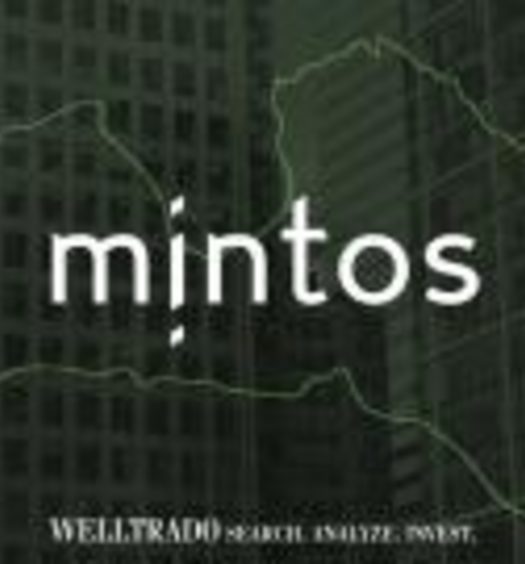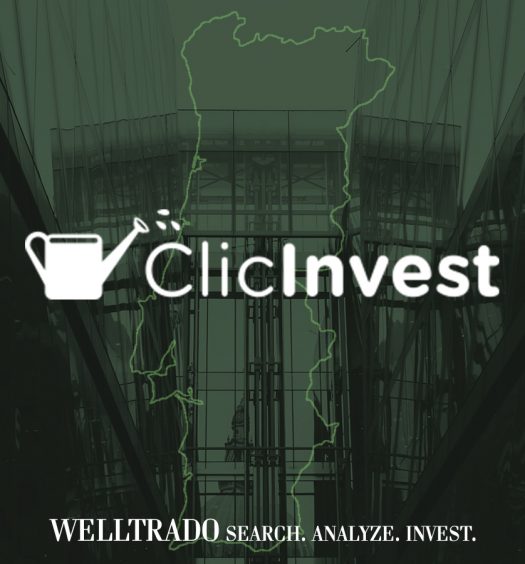To give our investor a better understanding of what is the effect of COVID-19 on our investment prospects in Estonia, Latvia, Italy, and Romania, Crowdestate has written a summarizing market overview.
ESTONIAN MARKET
As of April 2020, the construction activities have not been restricted and supply chains are functioning without complications. Developers see the possibility of the decrease in construction prices but there is no concrete evidence for that.
In general, banks have not called back outstanding construction loans prematurely. Also, in general, banks do not refuse new construction loans as a rule but there is little evidence of new construction loans during the emergency situation. Regarding home loans, banks are providing financing and are issuing new positive financing decisions for new loan applications. Still, the applicant’s source of income is carefully scrutinised and industry risks are revalued.
Prices for new apartments have mostly maintained the pre-crisis level. The supply of completed and available new apartments in Tallinn is relatively low, corresponding to the 9-month sales. Nevertheless, developers report a sharp decline in new bookings.
Unemployment in Estonia in March was 6,3% compared to 5,3% in December 2019. The Government has approved a support measure to relieve the economic difficulties caused by the restrictions to employers and employees due to the coronavirus. See here: https://www.kriis.ee/en/work-economy-and-business.
For 2020, Bank of Estonia forecasts a decrease in the economy by 6% to 14% depending on the period of the emergency situation.
It is too early to see the full impact of the emergency situation. The real estate market will be impacted as will be most of the industries. How deep the impact would be, is very hard to quantify. It is easy to see demand-side weakening as unemployment will increase from its current level. How the weak demand will influence real estate prices will be a function of the period the restrictions stay in place and how fast the economy will recover.
ITALIAN MARKET
Due to the COVID-19 emergency situation, real estate construction activities were paused in the entire country since March 23rd, 2020. As per current government regulations, construction activities are going to be restarted on May 3rd.
Due to this temporary situation, we have every reason to believe that it will not have any significant negative impact on Crowdestate Italian investment opportunities, which are aiming for long term goals. This is especially due to the high level of presales already confirmed pre COVID-19 emergency, which makes sure that a high percentage of projects will be successful regardless of potential market changes. That said, the current pause in construction activities could result in some delays in delivering apartments and the subsequent loan repayments.
“Our work is going on. We are focusing on finding alternative ways to show apartments to potential buyers (virtual tours, photo-rendering, etc). We are happy about the fact that demand is still high and we are receiving many contacts despite the lockdown.” – Sponsor Company “WeProperty”
We are confident that everyone will commit to respecting the prohibitions in their own small way and the situation will return to normal as soon as possible.
LATVIAN MARKET
Latvia is one of the less COVID-19 impacted countries in the EU. The population of Latvia is 1.9 mil, the number of infected people is slightly below 800, and death rate just 0.3% (second lowest in Europe).
Latvian government declared an emergency period in 14.03.2020. and adapted similar but no so strict restrictions like other EU countries. There are distancing requirements, schools are closed, no public events, etc. but overall such business activities like construction is continuing without significant impact. All started construction processes in Crowdestate projects in Latvia are moving one, aren’t stopped, or anyhow essentially impacted.
Some construction companies are experiencing some delays regarding specific material deliveries. There is information in the construction industry that some larger construction companies had to replace subcontractors from other countries with local ones and also have some trouble dealing with travel limitations. However, construction companies working on Crowdestate projects mainly rely on the local workforce and don’t expect a significant impact on construction deadlines.
What could be impacted is the sales process and sales plans. Because of distancing requirements currently demo apartments cannot be used as a sales instrument. However, Latvian government is already working on resetting and reducing the emergency period limitations, which hopefully will allow developers to open demo apartments and run open door days, etc. Developers have shared with Crowdestate that meanwhile, they are working on alternative sales mechanisms – more ads, digital tours, etc.
Currently, there is a quite positive outlook on Latvia’s real estate market in this COVID-19 crisis and also no signs that Crowdestate projects in Latvia will be significantly impacted by it. As numerous finance and real estate business experts have pointed out, the real estate market in Latvia is in healthy condition. In many segments, real estate prices are well below heights of 2008 and there is no unreasonable growth of prices or irresponsible lending and borrowing. Official statistics show that household depth rate continues to decrease and household saving amounts are peeking.
ROMANIAN MARKET
The Romanian government-imposed restrictions to prevent the Coronavirus infection spreading starting from the second half of March. The impact on Q1 business performance has thus been relatively moderate. According to the National Authority for Cadaster and Real Estate Publicity (ANCPI), March has registered 48,379 real estate transactions, only 1,192 transactions less than February and 3,813 transactions more than March 2019. The full Q1 2020 registered 133,181 transactions nationwide, a 14% increase over the same period in 2019.
The residential prices tracked by the IMO Price Index (published on www.imobiliare.ro) advanced in March 2020 with +1.8% m/m and +12.4% increase over the same period of 2019; the average price requested reached 1,391 euro/sqm for apartments.
These numbers are most probably an inertial effect, developers rushing in for completion of the existing projects, and as well as the buyers in advanced purchasing proceedings closing down their transactions.
While most activity suffered since the lockdown was imposed, constructions have continued on project sites to a rather normal pace, as the travel for work is permitted provided that each worker presents an employer-issued declaration. At the end of March, the National Syndicate of Constructions Workers declared that most of the construction site work as normal and that there are no major issues with the workforce so far, however, this may change by May 2020, when construction companies are expected to apply for technical unemployment or completely shut down.
Banks haven’t stopped mortgage lending, but have adjusted their scorings to take into account the drop of income in the most affected sectors like hotels & restaurants.
As emerging trends, the demand for individual houses (buying & renting) and for lands outside big cities has spiked as a direct effect of social distancing. Also, the demand for apartments with small rooms that can be used for home office has increased as a result of the work-from-home trend (according to http://www.theconcept.ro/).
The International Monetary Fund is estimating that Romania’s economy will decrease by 5% this year but will increase by 3.9% in 2021. The inflation rate will drop to 2.2% in 2020, from 3.8% in 2019, and fall to 1.5% in 2021, according to the IMF. Unemployment is expected to hit 10.1% this year, a significant increase from 3.9% in 2019. The World Bank stated that these estimates are based on the idea that the economy will gradually return to an upward slope in the second part of the year, and growth will accelerate in 2021.









